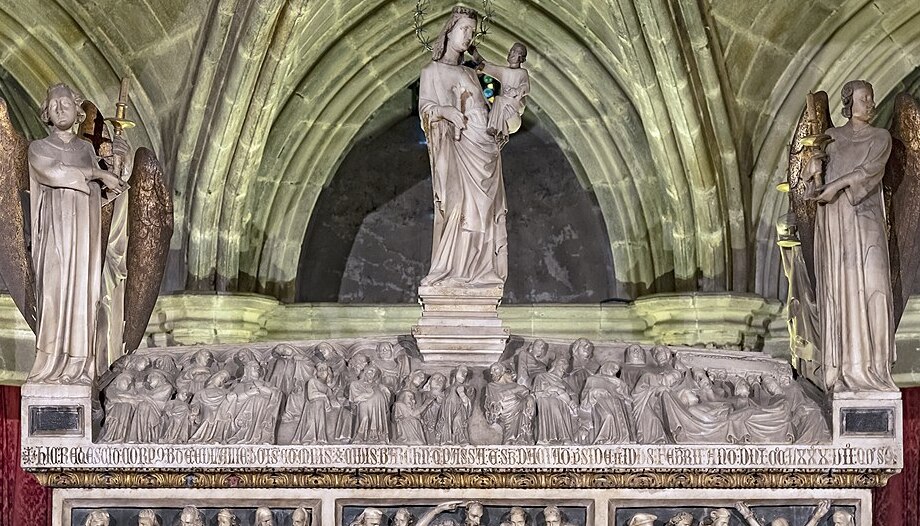At the closing of the XXVI Italian Eucharistic Congress in Bari (Italy), in May 2005, Benedict XVI recalled the scene. It was the feast of Corpus Christi. The Pope said: "It was significant, among others, the answer that a certain Emeritus gave to the proconsul who asked him why they had transgressed the severe order of the emperor. He answered: "Sine dominico non possumus"; that is, without gathering in assembly on Sunday to celebrate the Eucharist we cannot live. We would lack the strength to face the daily difficulties and not succumb".
After atrocious tortures, St. Saturninus and 48 other martyrs of Abitina, recorded in the with their names in the Roman Martyrology, they were killed. "Thus, with the effusion of blood, they confirmed their faith. They died, but they conquered; now we remember them in the glory of the risen Christ. On the experience of the martyrs of Abitina we too, Christians of the 21st century, must reflect," Pope Benedict suggested.
"We need this bread to face the fatigue and weariness of the journey. Sunday, the Lord's Day, is the propitious occasion to draw strength from him, who is the Lord of life", continued the Papa. "To participate in the Sunday celebration, to feed on the Eucharistic bread and to experience the communion of brothers and sisters in Christ is a necessity for the Christian".
Saint Eulalia was a young Christian girl of the 4th century who lived in Barcelona, and did not renounce her faith during the persecutions of the emperor Diocletian. As a consequence, she was subjected to severe tortures and is buried in the crypt of the cathedral, dedicated Santa Cruz and Santa Eulalia, who is co-patron saint of the city. On the other hand, the feast of the Virgen de la Merced, patron saint of the city. diocese of Barcelonais celebrated on September 24.








